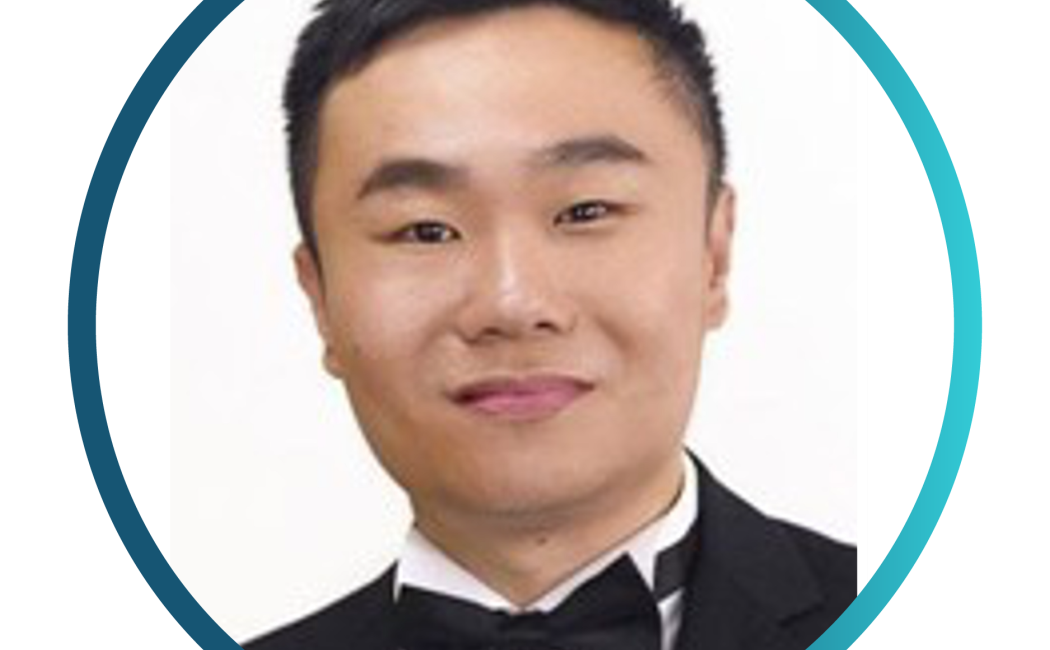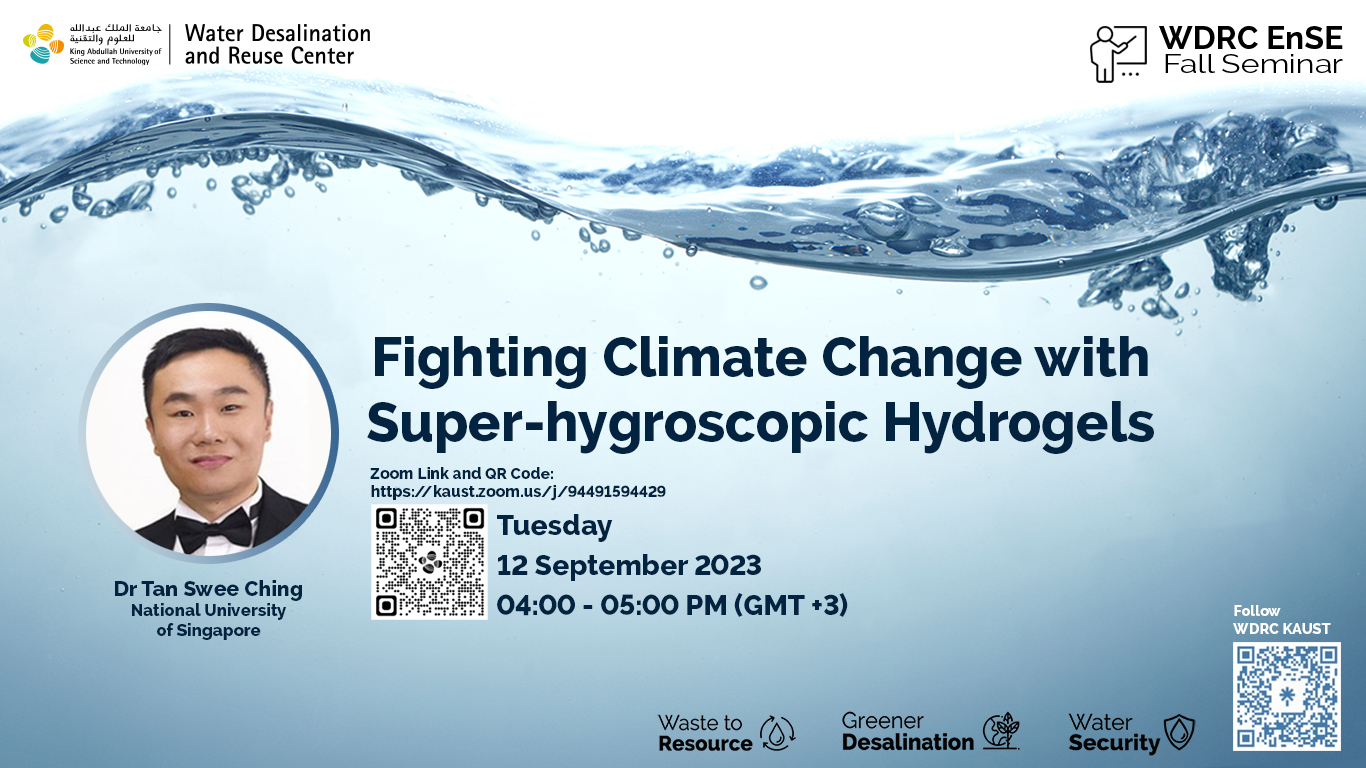



Water, the most essential resource for life, exists not only in rivers, lakes, and oceans but also in its vapor form, omnipresent in the air we breathe. With a staggering 13 trillion kiloliters of moisture saturating our atmosphere, this vast and untapped source of water supply holds unparalleled potential to combat pressing global challenges, from climate change to water scarcity. Excessive moisture in the air can lead to a range of issues, including significant thermal discomfort, skin allergies, and increased susceptibility of walls to mold growth. Certain plants, such as cacti, have adapted to harvest water through their spines, while insects like the Namib desert beetle rely on their hydrophilic shells to collect water from the atmosphere as a means of survival. So how could human beings harvest this abundant water source in the air and turn it into something useful for our own survival i.e., to fight climate change at the same time? Hence, in this talk, I will be sharing with you the development of novel super-hygroscopic materials that are capable of harvesting copious amounts of water vapor from the air for a series of intriguing multifunctional applications, such as 1) low-energy dehumidification, 2) humidity-regulating hydrogel film for improving personal thermal comfort, 3) zero energy atmospheric water harvesting for autonomous farming and potable water production, among others. Join me for this captivating talk as I showcase our groundbreaking research and explore the endless possibilities of super-hygroscopic hydrogels to develop sustainable solutions for the water crisis, farming, improving thermal comfort, etc.
Dr. Tan Swee Ching received his Bachelor's in Physics from the National University of Singapore. He then worked in Hewlett Packard Singapore and Ireland as a Laser Process and Equipment engineer to develop new technology for silicon micromachining. During his work at Hewlett Packard, he made two major contributions, which helped the company to reduce operation costs by at least US$400,000 per annum and to increase the throughput by 35% within his department. He was honored with the Award for Outstanding Achievement for these contributions to the company. He gained Ph.D. admission to the University of Cambridge Electrical Engineering Department with Scholarships from Cambridge Commonwealth Trust and Wingate Foundations. His Ph.D. work was to use photosynthetic proteins as light-absorbing materials for solar cells. After his Ph.D., Dr. Tan then moved to the Department of Materials Science and Engineering at Massachusetts Institute of Technology to become a postdoctoral associate working on high electron mobility devices under Prof. Carl V. Thompson and Professor Tomas Palacios. He is currently an Associate Professor at the Department of Materials Science and Engineering at the National University of Singapore. He is also the founder of Ultra Dry Private Limited, a spin-off company from NUS based on the invention of a super-hygroscopic material. Dr Tan has published in many top-tier journals like Nature Electronics, Nature Sustainability, Nature Communications, Science Advances, Joule, EES, Advanced Materials, etc.